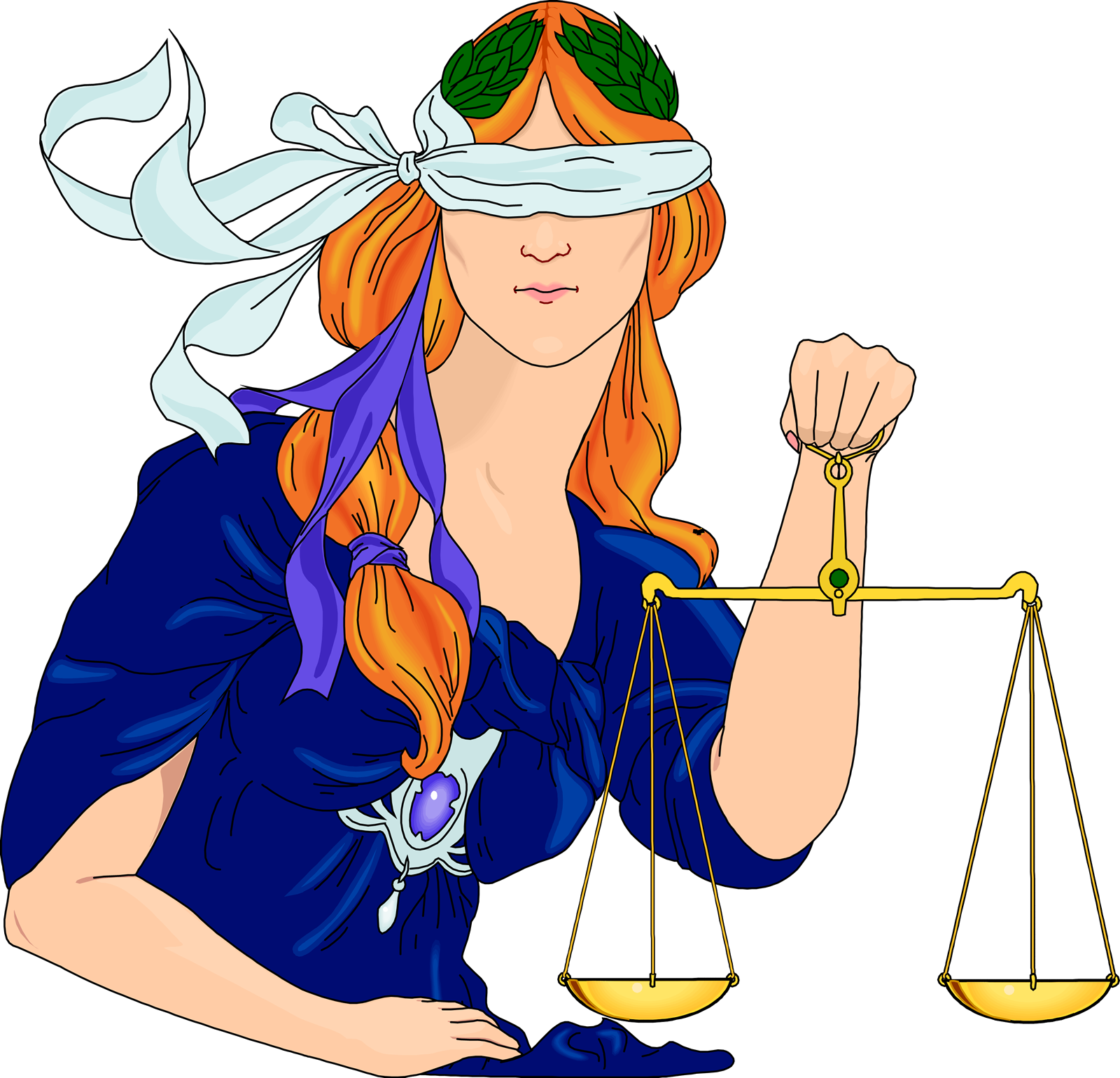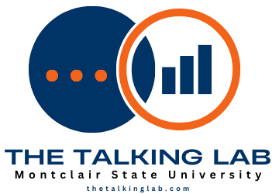
close
If you or a loved one have been falsely accused of child abuse and need an excellent team to get your life back contact us for a free consultation. Meet National Legal Professional Associates (NLPA). NLPA is owned and operated by licensed attorneys. NLPA works with experts including Ph.D. trained psychologist and professors skilled in dealing with unreliable testimony and allegations concerning child abuse and neglect. 
In prosecutions of alleged child maltreatment, including alleged sexual abuse, the chief evidence typically consists of children’s eyewitness testimony. Though children can make competent witnesses in some situations, the dynamics that determine the reliability of their reports are complex. Children’s memory is susceptible to suggestions from forensic interviewers, but it can also be tainted by conversations with peers, caretakers, or other sources of external information (exposure to media or pornography). In addition, children’s developing cognitive and linguistics abilities mean their testimony is susceptible to other types of errors, such as source misattribution, confabulation, and spontaneous memory intrusions. NLPA works with internationally recognized experts on children’s eyewitness memory who can help:
When a false allegation of child abuse is raised against you, you must be willing to expend a great deal of effort, time and resources toward defeating it—you have too much at stake not to give it your top priority. Below are different ways to defeat a false allegation of child abuse and win back your reputation.
Often, the only evidence a crime of child sexual abuse occurred is the word of an accuser. But the accuser’s word may be enough for you to lose your case. Start gathering evidence that shows your accuser should not be believed. There are various reasons why an accuser should not be believed. The most common include:
To beat the false allegation of child abuse, you may have to testify—to state your own case. It is crucial you be believable and your statement be credible. Here are some examples of ways you can demonstrate your credibility:
We will focus a great deal of attention on the evidence gathered against you by child protective services (CPS), law enforcement, and any other state licensing agencies during their investigation of the false allegation of child abuse. Here are some specific things we consider to undermine the government’s case:
If you want to receive a review of how to correct the damaging allegations made against you, please contact NLPA. We have been assisting clients for more than 28 years fight the false claims by the government. NLPA incorporates the research prepared by its lawyers and experts in the field of the government’s utilizing false allegations concerning child neglect and abuse (See CV of Dr. Jason Dickinson & Dr. Elliot B. Oppenheim)
Professional Contact Information:
301 Dickson Hall
Montclair State University
Montclair, NJ 07043
973-655-6860 • Fax: 973-655-5121
dickinsonj@montclair.edu
Lab webpage: www.thetalkinglab.com
Personal Contact Information:
19 Old Orchard Rd,
Morristown, NJ 07960
Phone: 973-518-0322
* Inquiries regarding consultation or
expert services should be directed to
witness@jjdickinson.com
visit www.thechildwitness.com

ELLIOTT BERNARD OPPENHEIM, MD/JD/ LL.M. HEALTH LAW
Former Physician in Family Practice"'*/ Emergency Medicine
**Formerly Board Certified in Family Practice by the AMERICAN BOARD OFFAMILY PRACTICE ELLIOTT B. OPPENHEIM, MD/ID/LL.M. HEALTH LAW DOES NOT PRACTICE LAW OR MEDICINE
